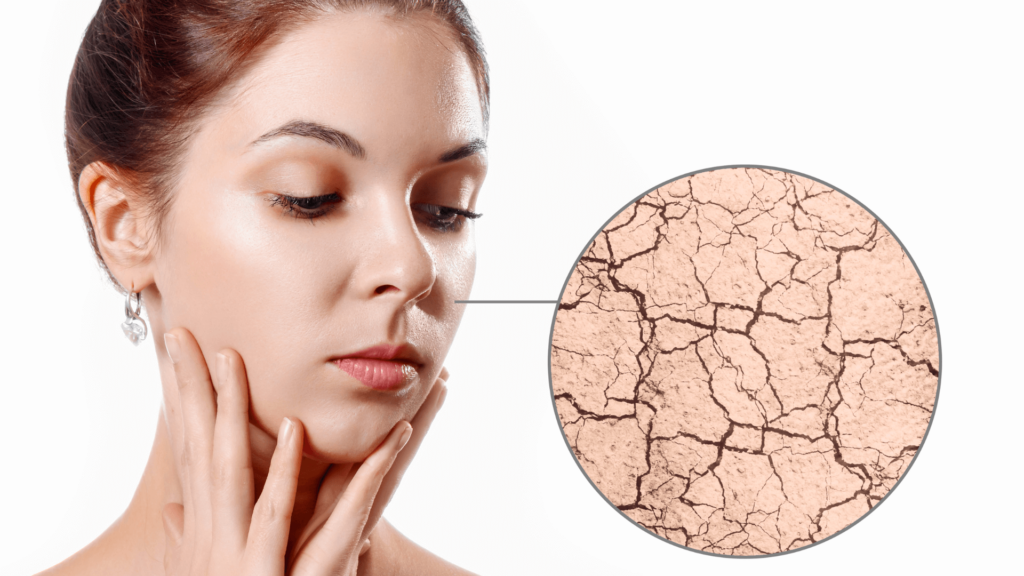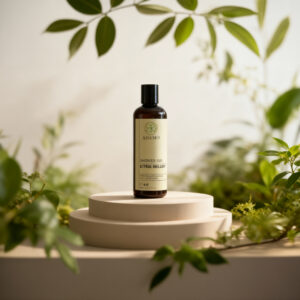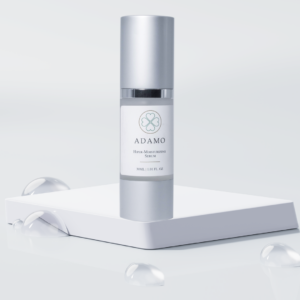Discovering our Skin Types:
Having a thorough understanding of the various types of skin is key to effective skincare, as it allows individuals to personalize their regimen to meet the unique needs of their skin. The skin, being the largest organ in the body, serves an important function by providing protection for our internal organs, maintaining temperature balance, and giving us a distinctive appearance. In this article, we will delve into the various skin types and what they require to maintain their health.
Exploring the Complex World of Skin Types:
It may seem to be complex but understanding our skin type is a straightforward process in most scenarios. The skin, being the largest organ in the human body, serves a vital role in protecting internal organs, maintaining a balanced temperature, and creating a distinct appearance. There are 5 major skin types. The following is the list of it.- Oily Skin
- Dry Skin
- Combination Skin
- Normal Skin
- Sensitive Skin
- Mature Skin
- Acne-prone Skin
- Rosacea-prone Skin
- Eczema-prone Skin
- Psoriasis-prone Skin
- Hyperpigmentation-prone Skin

Dry Skin:
Dry skin affects a significant number of individuals and is characterized by the scarcity of natural oils, leading to a tight, dry, and flaky appearance. This skin type can result in discomfort, and in extreme cases, pain. Several elements contribute to dry skin, including genetics, aging, harsh weather, hot showers, certain medical conditions, and more. Understanding these causes can help individuals effectively manage and treat their dry skin.
Dry Skin Etiquettes
Do's

- Look for moisturizers containing hyaluronic acid, glycerin, and ceramides, which are particularly beneficial for dry skin.
- In addition to moisturizing, incorporating skincare products specifically designed for dry skin into your routine can make a big difference.
- Use a gentle cleanser to avoid stripping natural oils, and try incorporating a face oil or serum to boost hydration.
Dont's

A key factor in managing dry skin is to steer clear of scorching showers and baths as they can further dehydrate the skin by removing its natural oils. To minimize this effect, it’s advisable to take lukewarm showers or baths and limit their duration to no more than 10 minutes.
Overcoming Dry Skin with the Right Skincare Routine:
Dry skin can be a frustrating and uncomfortable skin type, but with the right skincare routine and lifestyle changes, it is possible to hydrate and improve the appearance of dry skin. By incorporating moisturizing, using gentle skincare products, and being mindful of ingredients and lifestyle, individuals with dry skin can achieve healthy, hydrated, and radiant skin.

Oily Skin:
Oily skin is a common skin type characterized by overproduction of sebum, an oil-like substance produced by the sebaceous glands. This excess oil can lead to clogged pores, blackheads, and breakouts. While many people believe that oily skin is a result of poor hygiene, this is not the case. In fact, there are several factors that contribute to the production of excess oil, including genetics, hormonal changes, and diet.Taking Care of Oily Skin:
To care for oily skin, it is important to adopt a gentle, yet effective skincare routine. This starts with cleansing, which should be done twice a day using a gentle, oil-free cleanser. This will help to remove excess oil and impurities without stripping the skin of its natural oils.
In addition to cleansing, it is also important to use products that control oil production and prevent breakouts. Products such as salicylic acid, benzoyl peroxide, tea tree oil, etc are known to be effective in treating oily skin.
Diet and keeping ourselves hydrated also play a crucial role. It can also be helpful if one avoids excessive oily foods.

Remember, having oily skin may be bothersome, but it can definitely be improved. With the right skin care routine, diet and lifestyle changes, you can control the oil production and have beautiful, healthy skin.

Combination Skin:
Do you have dry patches, but an oily T-zone? Or maybe you experience dryness in certain areas and excess oil production in others. If this sounds familiar, you likely have combination skin. This skin type is a mixture of both dry and oily skin and can be challenging to care for.
Understanding Combination Skin:
Combination skin is characterized by having different skin concerns in different areas of the face. For example, some people with combination skin may have dry cheeks and an oily T-zone (forehead, nose, and chin). This can lead to clogged pores, blackheads, and breakouts in the T-zone, while the cheeks may appear dull and flaky.
Essential "Combination Skin" Care
- Cleansing: Choose a gentle, non-foaming cleanser that will not strip your skin of its natural oils. Avoid using harsh exfoliants, as they can further dry out the skin.
- Hydration: Use a light, oil-free moisturizer to hydrate the skin without clogging the pores in the T-zone.
- Targeted Skincare: Use products specifically designed for the T-zone, such as a mattifying moisturizer or a clay mask to control oil production. For dry areas, use a richer moisturizer or face oil.
- Sun Protection: Apply a broad-spectrum SPF 30 or higher to protect your skin from damaging UV rays.
- Diet: Eat a healthy and balanced diet that is rich in vitamins and minerals to nourish your skin from within.
- Avoid Over-Exfoliation: Exfoliating is important, but over-exfoliation can lead to dryness and sensitivity. Stick to gentle exfoliants, and limit usage to once or twice a week.
Sensitive Skin:
Sensitive skin is a common condition that affects millions of people. People with sensitive skin tend to react easily to different irritants and allergens, leading to redness, itching, and dryness. This condition is caused by various factors, including genetics, environmental conditions, and harsh skin products.
How to take care of Sensitive Skin?
Gentle Skincare: When choosing skin products, look for gentle, hypoallergenic, and fragrance-free options. Also, consider using products that are specifically formulated for sensitive skin.
Avoid hot showers: Hot showers can strip the skin of its natural oils, leaving it dry and prone to irritation. It is recommended to take lukewarm showers and avoid spending too much time in the shower.
Moisturize regularly: Moisturizing is essential for sensitive skin. Look for a moisturizer that is gentle, fragrance-free, and non-comedogenic. Apply it to your skin immediately after showering to lock in moisture.
Protect your skin from the sun: Sun exposure can make sensitive skin even more sensitive. Use broad-spectrum sunscreen with an SPF of 30 or higher[SPF55] to protect your skin from harmful UV rays.
Normal Skin:






